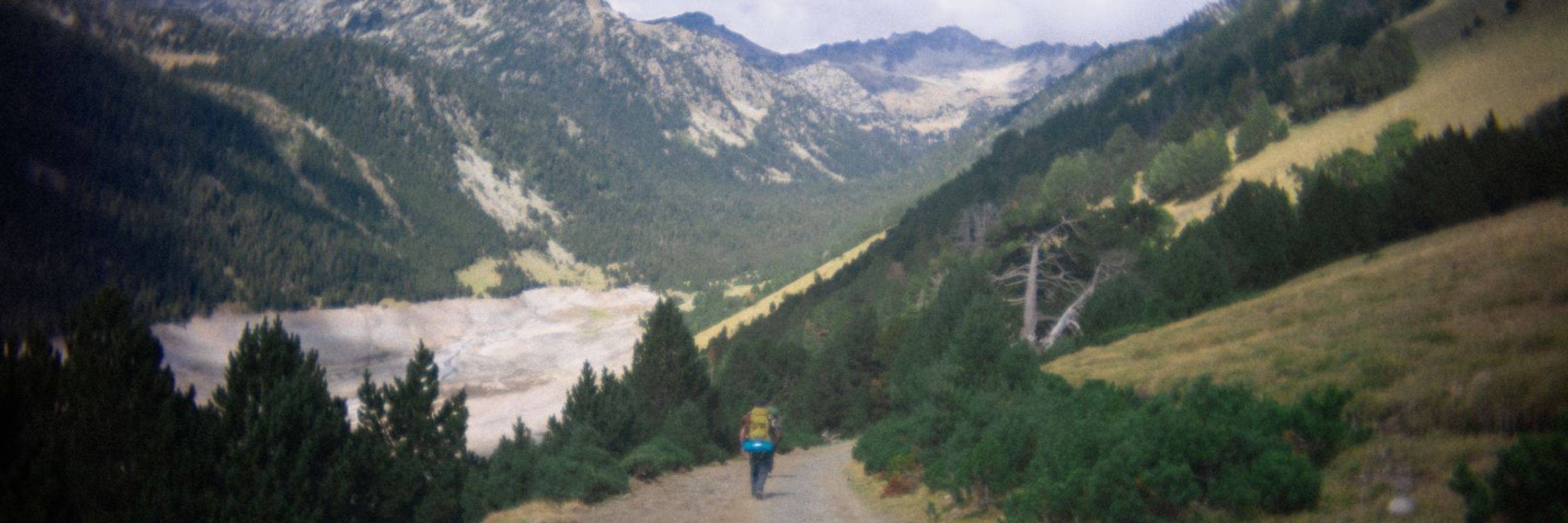
Long-distance runner 🏃♂️⛰️
Below is a small individual which in the next week will eclose as an adult hoverfly!
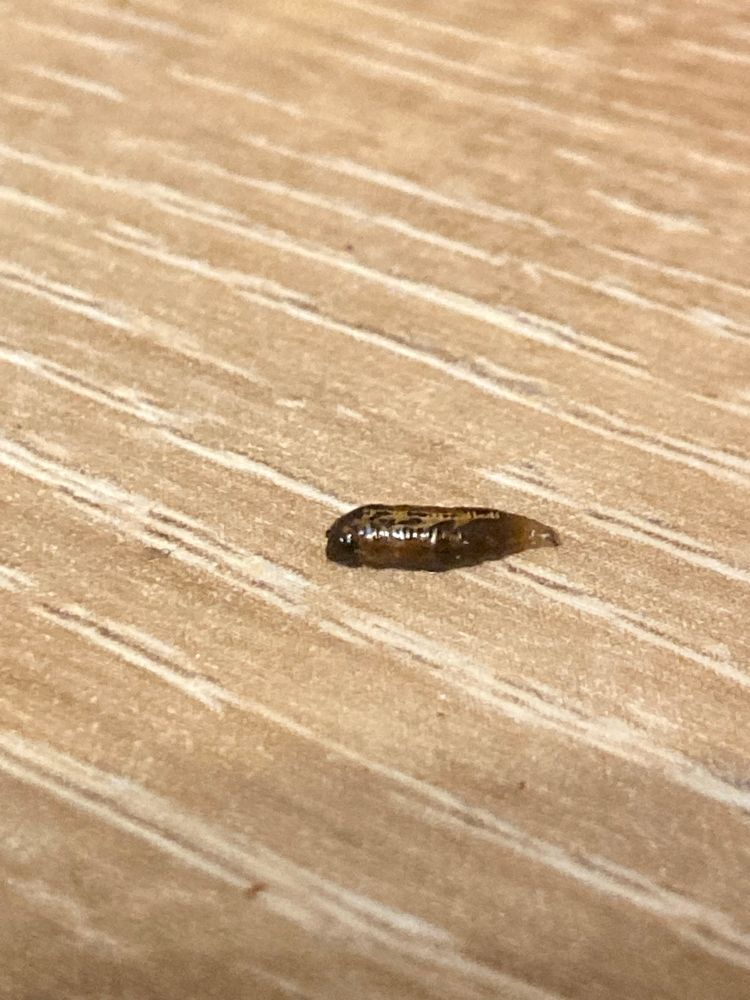
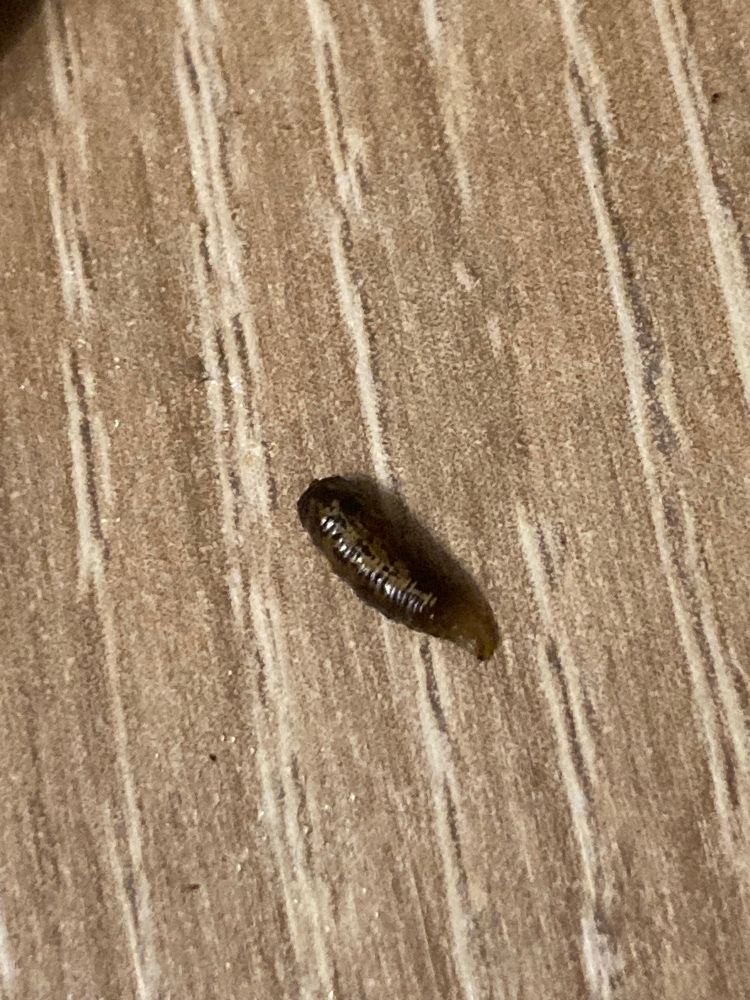
Below is a small individual which in the next week will eclose as an adult hoverfly!
Episyrphus larvae can hunt up to 1000 aphids each to provide nutrients vital for growth and pupal development.
See the video below of a successful hunt! 🐛🌐
Episyrphus larvae can hunt up to 1000 aphids each to provide nutrients vital for growth and pupal development.
See the video below of a successful hunt! 🐛🌐
Inside the small oval shaped eggs, critical developmental phases are occurring so it’s best to leave them to it.
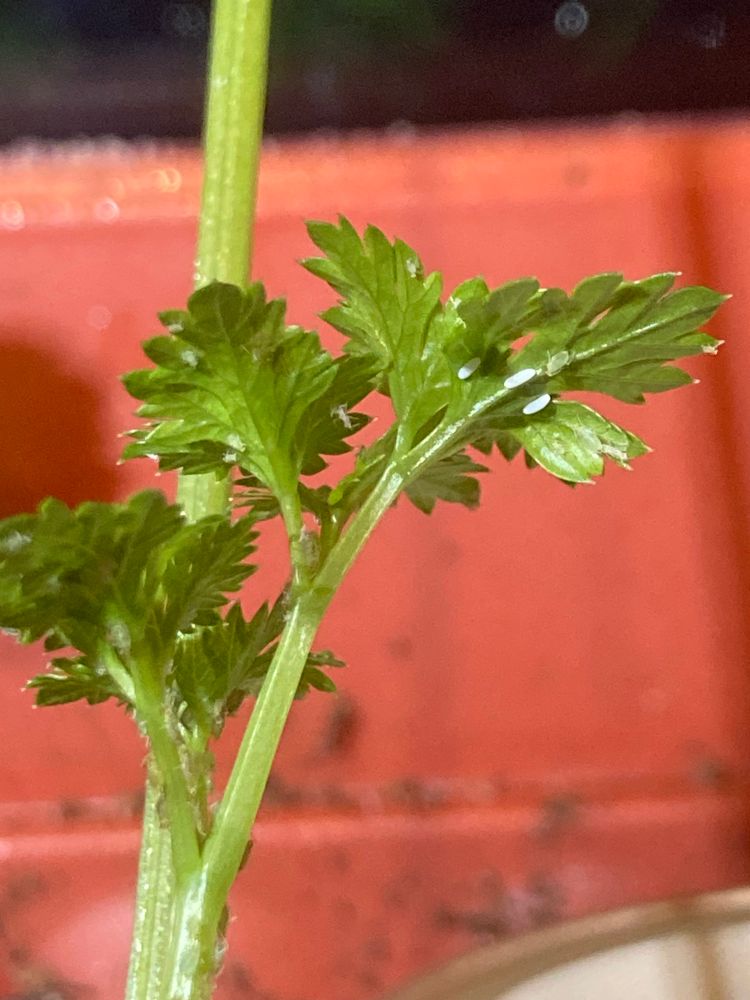
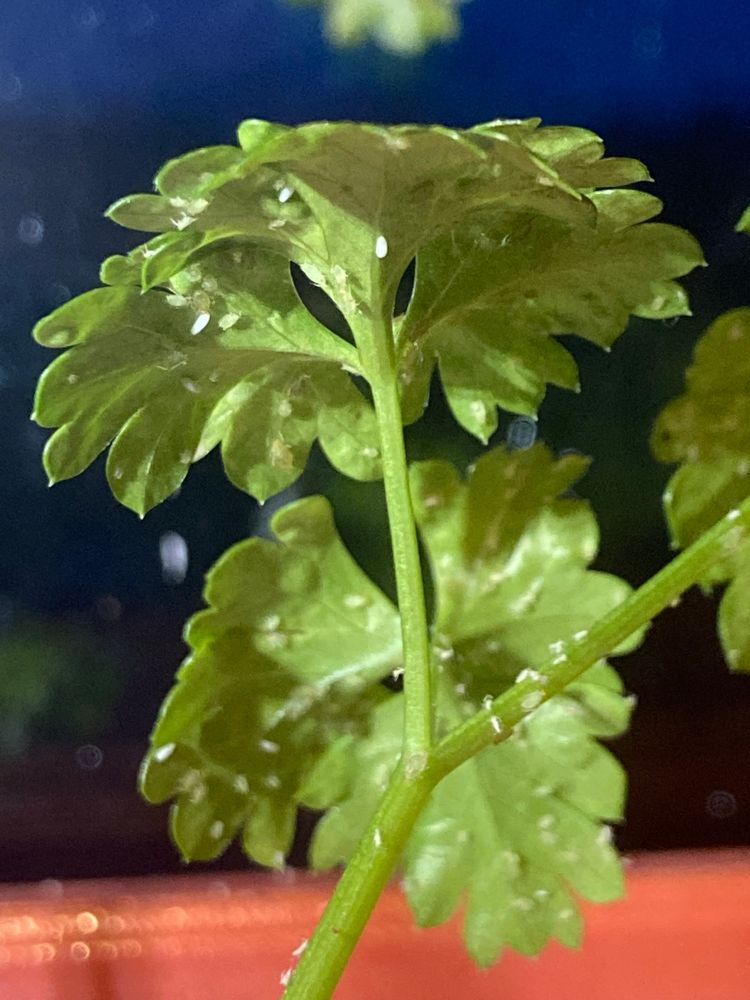
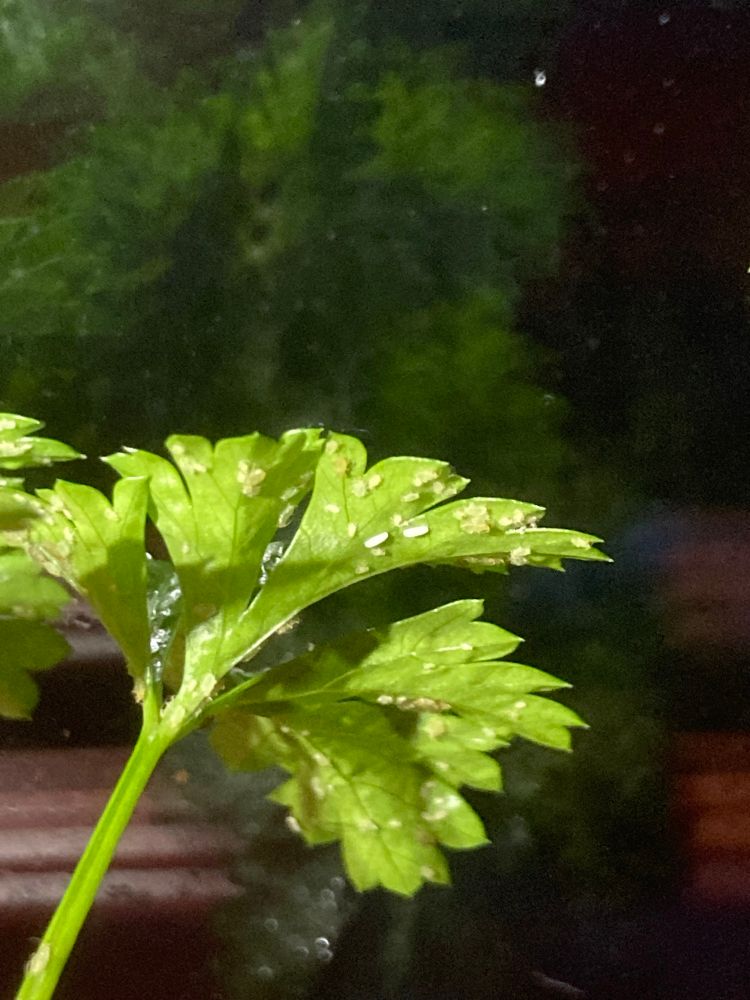
Inside the small oval shaped eggs, critical developmental phases are occurring so it’s best to leave them to it.
The warm indoor temperature and presence of aphids should provide sufficient cues to signal oviposition (egg laying).
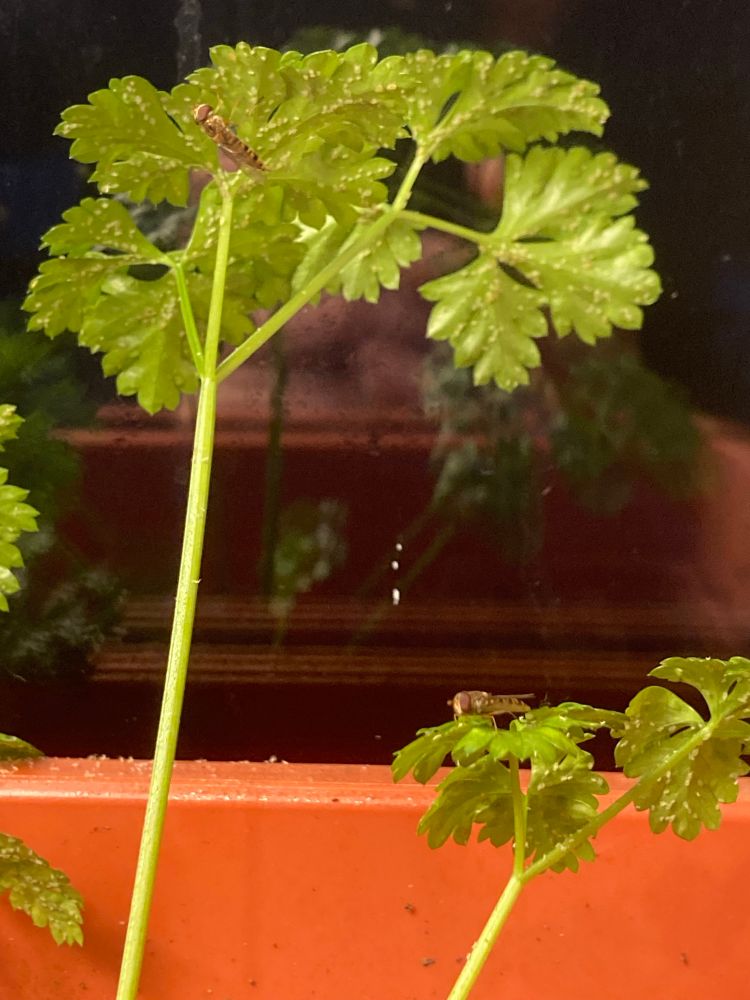
The warm indoor temperature and presence of aphids should provide sufficient cues to signal oviposition (egg laying).
& full paper: royalsocietypublishing.org/doi/epdf/10....
& my favourite quote: “The reasons for this [sex difference] are unclear, but it’s possible that males prioritise fighting and mating, leaving little energy left for migration.”
& full paper: royalsocietypublishing.org/doi/epdf/10....
& my favourite quote: “The reasons for this [sex difference] are unclear, but it’s possible that males prioritise fighting and mating, leaving little energy left for migration.”

